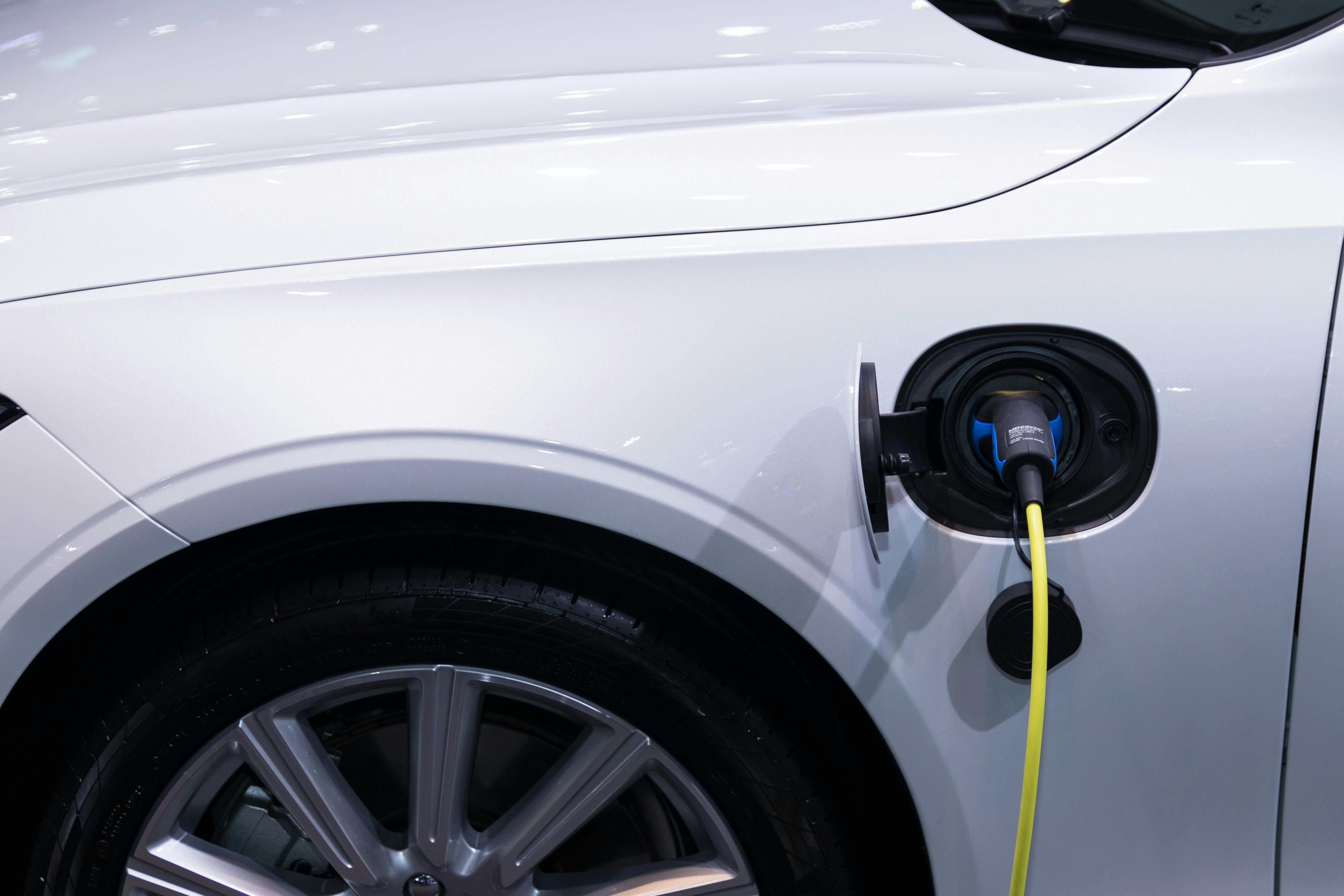Guide to Buying a Budget-Friendly Electric Car
Small electric cars are a growing option for drivers looking for lower running costs and compact designs suitable for urban areas. Comparing aspects such as range, size, and overall value may help in selecting a model that meets daily requirements while staying within budget.

What Key Features Should You Prioritize in a Budget Electric Car?
When shopping for an affordable electric vehicle, focus on essential features that impact daily usability. Priority considerations include battery range for your typical commute, charging capabilities (both at home and public stations), and basic safety features. While premium EVs may offer advanced autonomous driving or luxury amenities, budget-friendly models typically provide core functionalities that meet most drivers’ needs.
How Does Battery Range Affect Your Purchase Decision?
Battery range is crucial when selecting an economical electric car. Most modern affordable EVs offer ranges between 150-250 miles per charge, suitable for daily commuting and occasional longer trips. Consider your regular driving patterns and charging accessibility. A shorter-range vehicle might suffice if you primarily drive in urban areas with readily available charging stations.
What Charging Options Should Budget EV Buyers Consider?
Understanding charging infrastructure is essential for cost-effective EV ownership. Level 1 charging uses standard household outlets but is slow. Level 2 charging requires home installation but offers faster charging speeds. Public charging availability in your area should also factor into your decision, as some affordable EVs may have slower charging capabilities than premium models.
What Are the Long-Term Cost Benefits of Electric Car Ownership?
Electric vehicles typically offer significant savings in operating costs compared to gas-powered cars. Lower maintenance requirements, reduced fuel costs, and potential tax incentives can offset the initial purchase price. Many states offer additional rebates or incentives for electric vehicle purchases, making them more accessible to budget-conscious buyers.
How Do Different Budget-Friendly Electric Models Compare?
Here’s a comparison of popular affordable electric vehicles currently available:
| Model | Range (miles) | Base MSRP | Notable Features |
|---|---|---|---|
| Chevrolet Bolt EV | 259 | $26,500 | Apple CarPlay/Android Auto, Quick charging |
| Nissan Leaf | 149-226 | $28,040 | ProPilot Assist, e-Pedal |
| Hyundai Kona Electric | 258 | $34,000 | Lane keeping assist, Blind spot monitoring |
| Mini Cooper SE | 114 | $29,900 | Compact size, Premium interior |
Prices, rates, or cost estimates mentioned in this article are based on the latest available information but may change over time. Independent research is advised before making financial decisions.
What Additional Costs Should You Factor Into Your Budget?
Beyond the purchase price, consider installation costs for home charging equipment ($500-$2,000), potential battery replacement costs after warranty expiration, and insurance rates which may differ from conventional vehicles. Some manufacturers include charging equipment or maintenance packages, which can affect the total cost of ownership.
The shift toward electric vehicles continues to make them more accessible to budget-conscious consumers. While initial costs may be higher than comparable gas-powered vehicles, the long-term savings and environmental benefits make them an increasingly attractive option for cost-aware buyers. Consider your specific needs, charging availability, and total ownership costs when selecting an affordable electric vehicle that best suits your lifestyle and budget.




